
A collaboration made to eliminate plastic bottles, plant trees and help the sloths in Costa Rica.


JOINING FORCES FOR POSITIVE CHANGE
Our Shared Mission


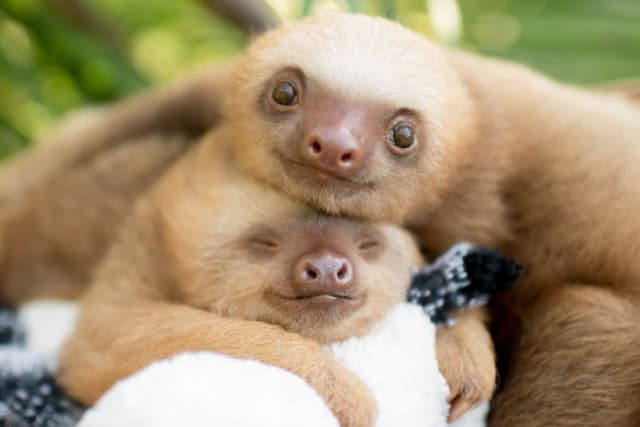
MAKING AN IMPACT TODAY FOR THE FUTURE
Human activities have a huge negative impact on our planet, with significant loss of forests, alarming rates of pollution from plastics and microplastics, and the rapid decrease of wildlife populations. We are acting now to make a real positive change.

LESS PLASTIC
Big players in the beverage industry are not willing to eliminate plastic bottles, RainForest Water is here to change the status quo and show how its done.
MORE TREES
RainForest Water plants and protects thousands of trees in Costa Rica with their reforestation program called Treeping: You Drink, We Plant.
THRIVING SLOTHS
The Sloth Institute works tirelessly to rescue, rehabilitate and reintroduce orphaned and injured sloths in Manuel Antonio, Costa Rica.

LESS PLASTIC
We are eliminating single-use plastic water bottles one can at a time
#KissPlasticGoodbye
The World needs more kisses and less plastic.
Shop Now
160,236 PLANTED TREES
MORE TREES
Treeping: You Drink, We Plant. Reforestation Program
Reforestation greatly increases the survival rate and provides shelter for nesting and food for wild species. We plant native trees in a remote rural town called La Esperanza, in Sarapiquí, Costa Rica. On our 167-hectare property, we are rehabilitating large areas of primary rainforest through the Treeping Reforestation program, converting former areas used for cattle into forests with native trees and fruit trees, providing habitat and sustenance for wildlife.
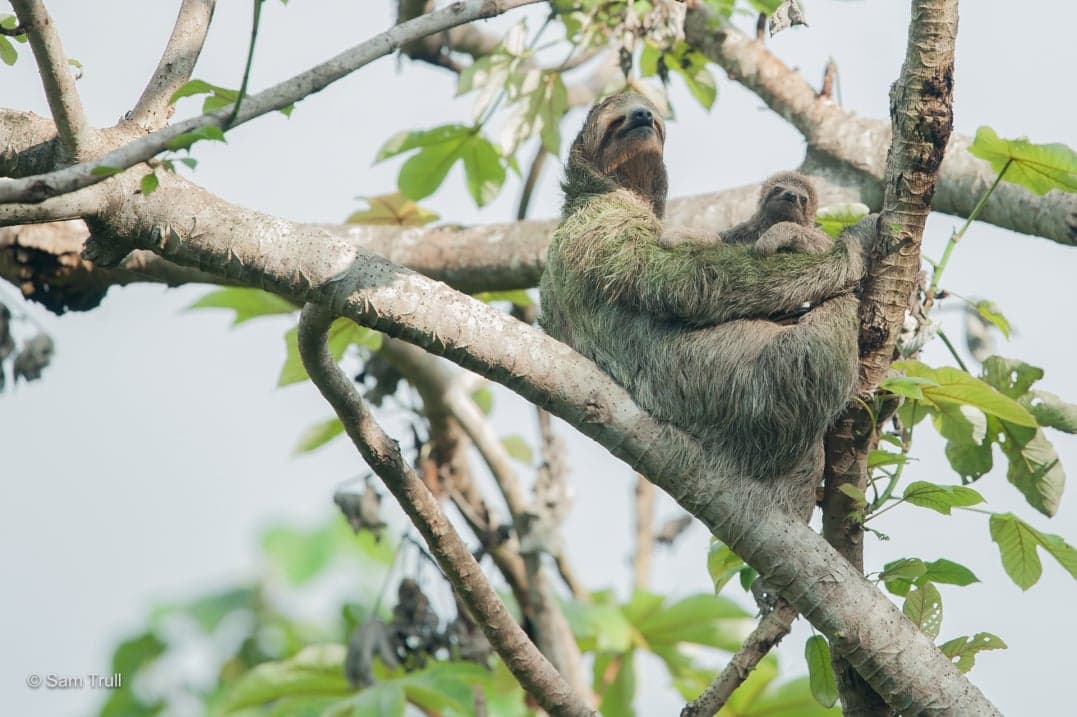
THRIVING SLOTHS
An integral approach for the welfare and conservation of sloths
The Sloth Institute, located in Manuel Antonio, Costa Rica, focuses on enhancing the welfare and conservation of sloths through the rescue, rehabilitation and release of hand-raised and injured sloths. While also conducting vital research, conservation and education programs to ensure their survival.

400
Rescued Sloths
Since 2014 we have rescued and studied more than 400 two-fingered and three-fingered sloths in Costa Rica.

0
Humans educated
Education about the importance of the sloths in the rainforest, how to minimize the impact of the human actions.

1200
mSloth Speedways
A total of 1.2km of Sloth Speedways has been installed to prevent electrocutions and road accidents.
SLOTH SCIENCE
Learn About Sloths

BECOME A SLOTH HERO
Save The Sloths Mobile Game
Adopt a Baby Sloth and learn how to take care of it so it grows strong and healthy. Train it by completing tasks and mini-games and get your virtual sloth ready to be released back into the wild where they belong. The game features in-app purchases to unlock new challenges, items and rewards.
100% of proceeds from the game will go to support The Sloth Institute's mission to save the sloths in need.



GET INVOLVED
How You Can Help
By symbolically adopting a sloth you help provide food, medicine, and other resources for orphaned and injured sloths rehabilitating at The Sloth Institute.
Adopt nowWhen you click on Adopt now, you will be redirected to The Sloth Institute website to choose your donation.

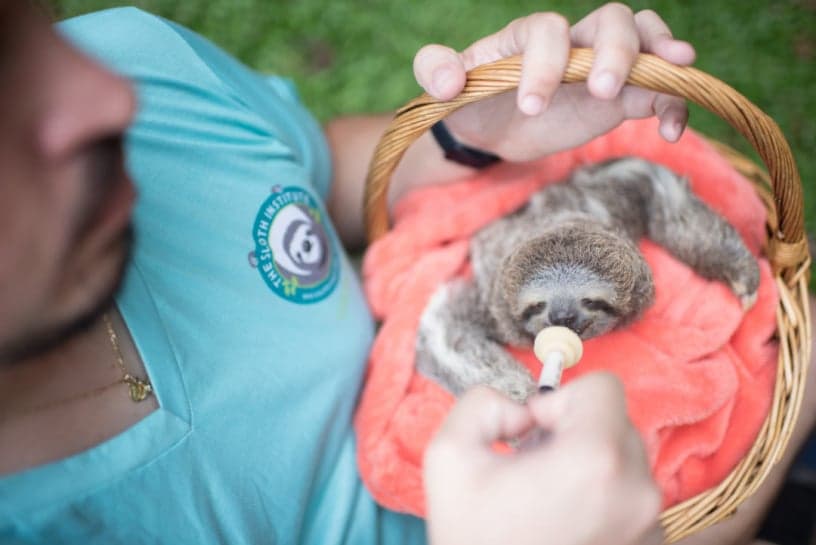
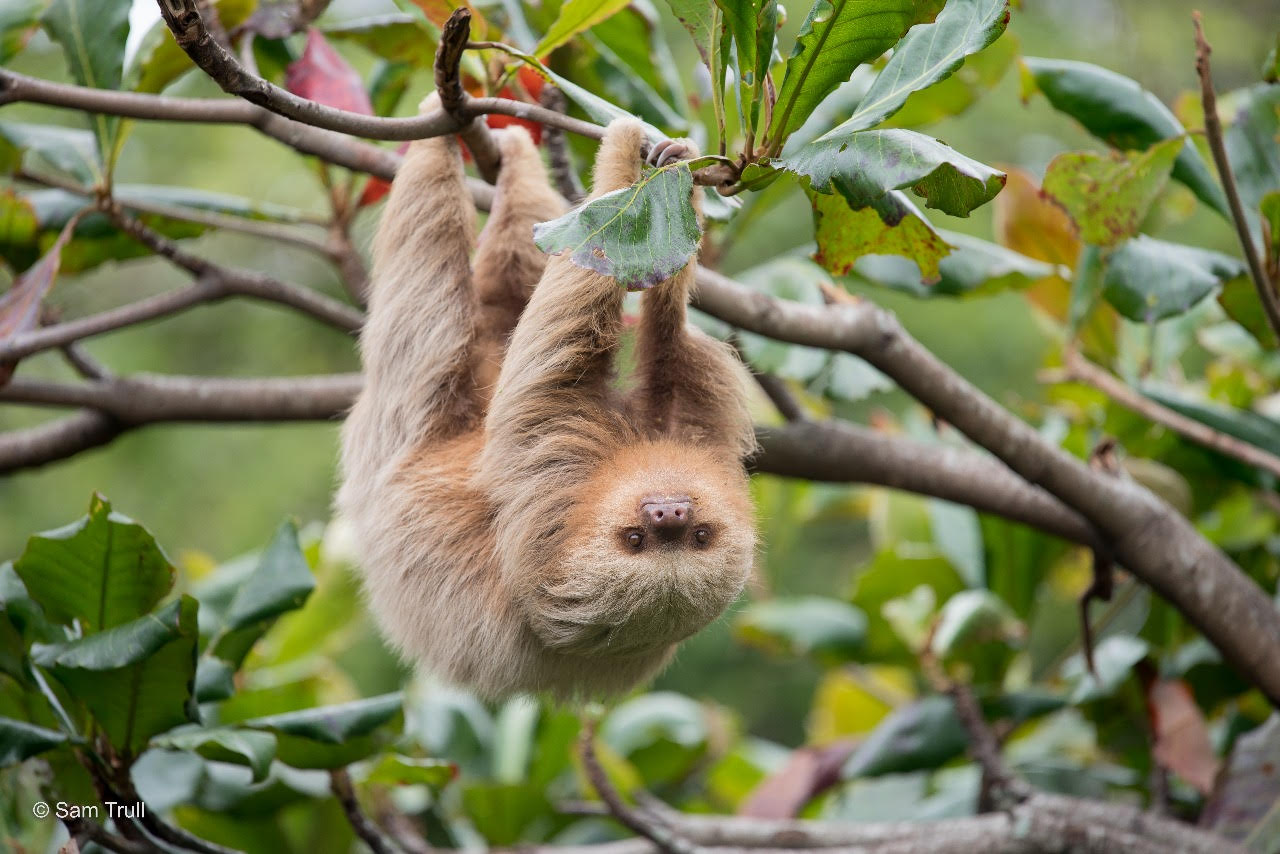
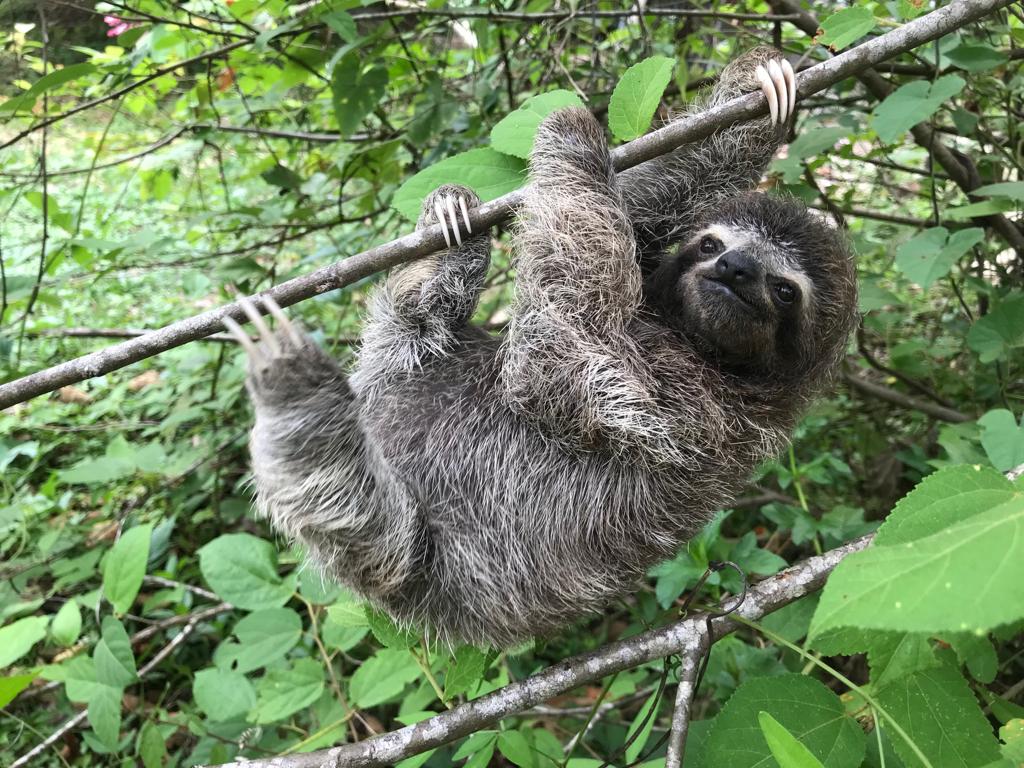


What to do if I find a sloth in need?
If you are located in or near Manuel Antonio, Costa Rica and you find an injured or orphaned sloth, call The Sloth Institute Rescue Hotline and they will get the sloth ASAP. If you are located elsewhere, please call your local wildlife rescue but they can also try to advise you as possible.
Sloth Rescue Hotline
+506 8775 6847